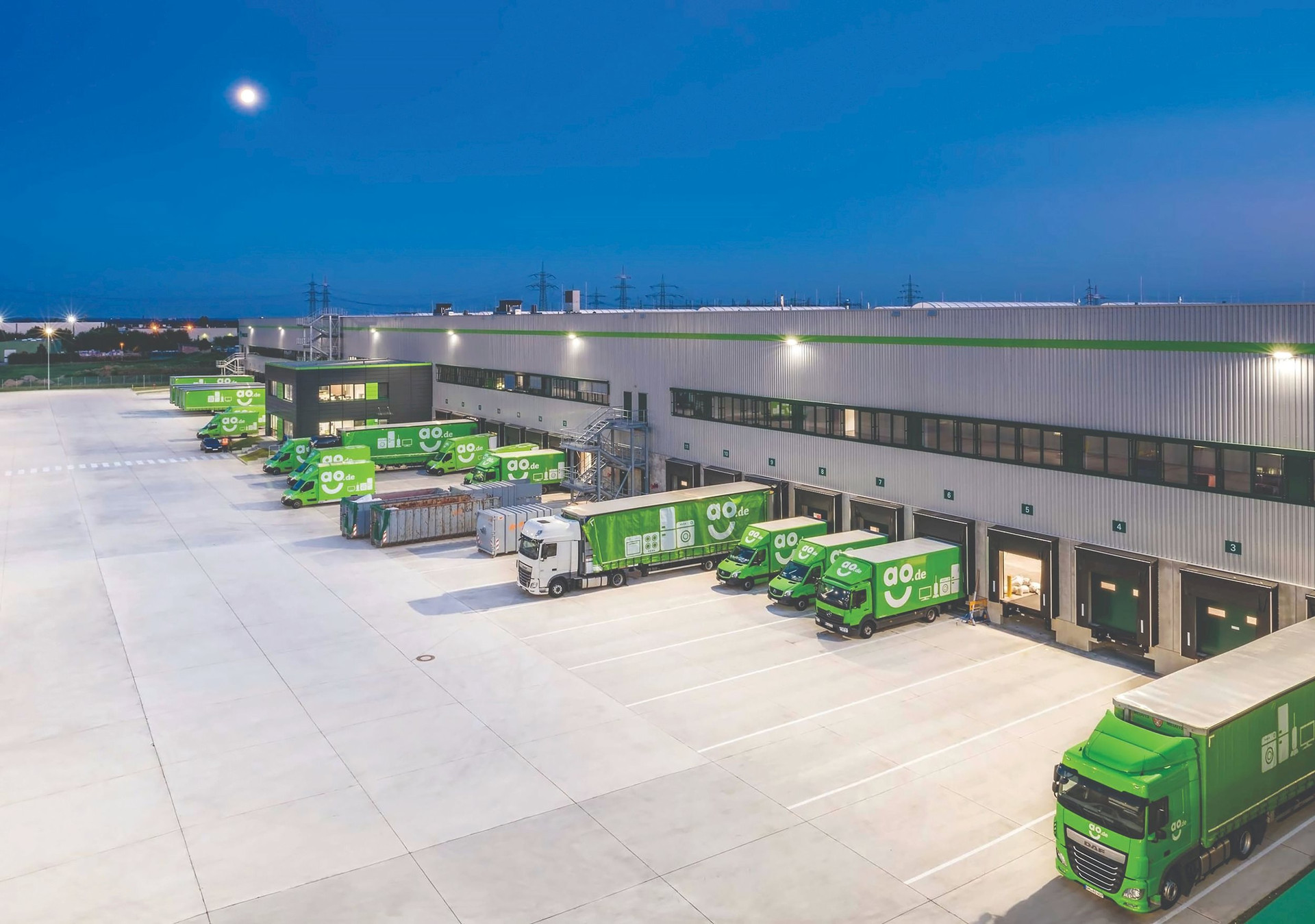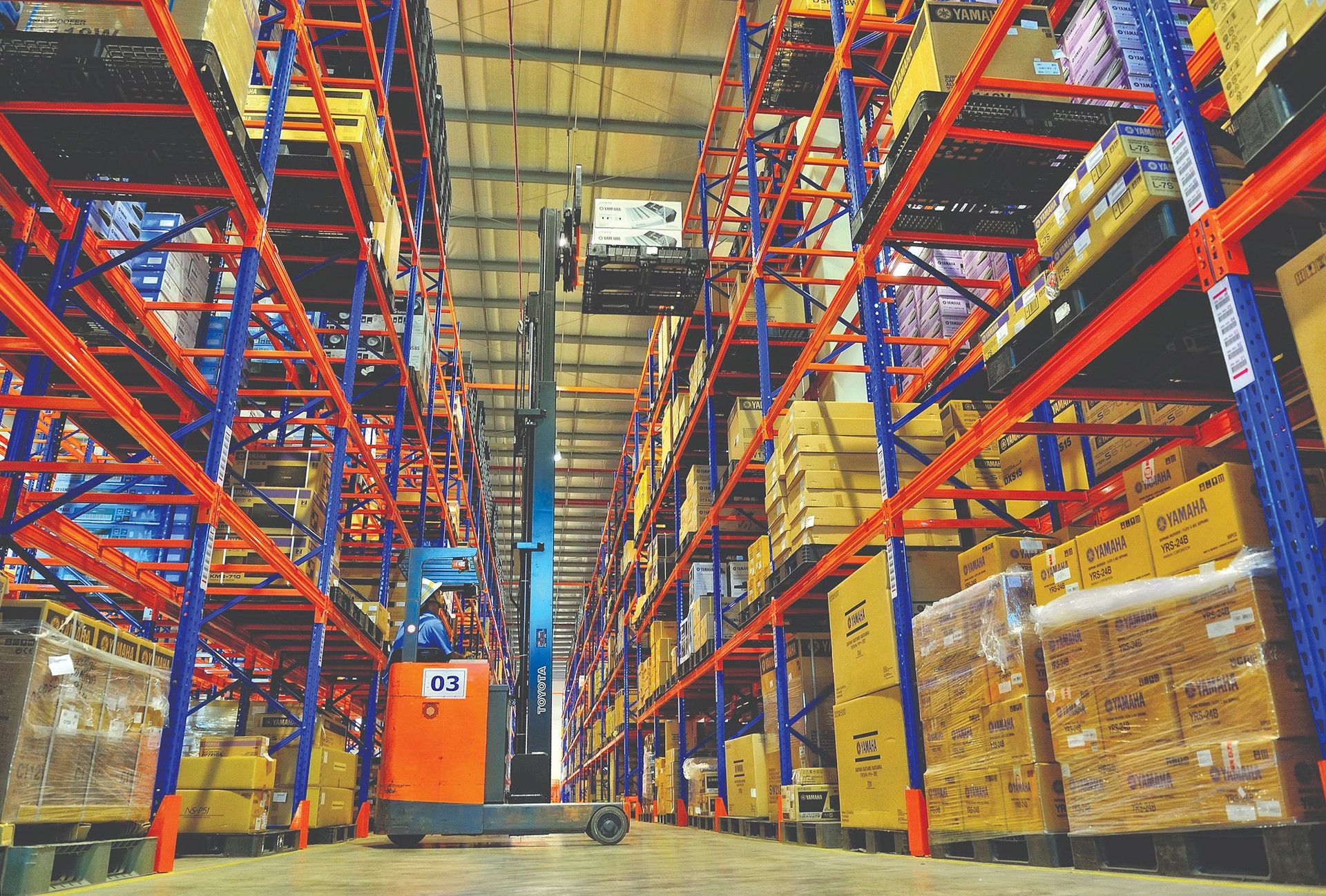Vietnam is currently leading among ASEAN countries in terms of the number of logistics service businesses licensed by the US Federal Maritime Commission (FMC). The development of the logistics service industry in Vietnam enjoys several advantages. The market holds a strategic position in the Asian region, benefiting from the local consumer growth and the global trend of e-commerce development.
However, the logistics industry in Vietnam still faces certain limitations, requiring synchronized and appropriate solutions to foster the development of this crucial service sector.

Logistics is the process of planning, implementing, and controlling the flow of goods or related information from input sources to consumption destinations. Rapid logistics development allows individuals to maximize human resources, delivering products and services to consumers with the highest quality but at the lowest cost. Logistics plays an important role in distributing goods from production to consumers and serves as a global trade bridge. Present-day logistics activities involve not only transportation logistics but also planning and organizing the transportation of raw materials from suppliers to manufacturers, as well as facilitating the delivery of goods from the final production stage to consumer delivery. Connecting with the entire community to optimize operations helps reduce handling and storage costs.
Currently, Vietnam is considered to have numerous opportunities to promote the development of the logistics service industry. Specifically, with its 3,260km of coastline and over 1 million km2 of sea area, Vietnam possesses favorable geographic and maritime transportation conditions. The logistics transportation industry in Vietnam holds potential and growth opportunities.
According to a survey conducted by Viet Research in the first quarter of 2023, the following are identified as 5 opportunities and 5 challenges in the development of the logistics industry of Vietnamese:
5 opportunities
Firstly, improving transportation infrastructure: The Vietnamese government has committed to significant investments in transportation infrastructure, including road, rail, and port infrastructure. Government Resolution No. 163/ NQ-CP requires the Ministry of Transport to ensure the coherence of transportation infrastructure with the aim of developing the logistics service industry. Alongside other comprehensive solutions, this will position Vietnam as a crucial logistics hub in the region, creating opportunities for the application of advanced technology and innovative processes in logistics management and operations.
Secondly, the growth of e-commerce: The rapid development of e-commerce provides logistics companies with opportunities to apply innovations in processing, transportation, and delivery.
Thirdly, the emergence of global supply chains: Logistics companies have the opportunity to enhance efficiency and optimize international transportation and distribution processes.
Fourthly, the application of new technologies: Advancements in technologies such as artificial intelligence, blockchain, the Internet of Things (IoT), and online platforms create opportunities for further innovation in the logistics industry, ranging from inventory management to supply chain management and tracking.
Fifthly, the demand for professional logistics services: With the development of the economy and business activities, the demand for professional logistics services is increasing. This opens up opportunities for logistics companies to provide innovative solutions, from transportation services and warehousing to supply chain management.
In addition to these opportunities, research also identifies 5 challenges in the future development and innovation of Vietnam’s logistics industry:
5 challenges

Firstly, limited workforce and training: The logistics industry requires a workforce with deep knowledge and specialized skills to meet general requirements. However, a major challenge is the scarcity of skilled labor and difficulties in training personnel.
Secondly, high costs for equipment serving cargo operations and equipment maintenance.
Thirdly, complex supply chain management: The logistics industry must deal with complex supply chain management, including ensuring sufficient supply, minimizing waste, and optimizing transportation processes. Effective supply chain management requires innovative approaches and process management.
Fourthly, intense competition: Vietnam’s logistics industry faces strong competition from both domestic and international companies. To maintain and strengthen their positions, companies must continuously innovate and create differentiated value propositions to attract customers and business partners.
Fifthly, changing customer demands and expectations: Customers increasingly demand flexibility, responsiveness, and optimized services from logistics companies. This requires companies to continuously innovate and improve processes, technologies, and services to meet customer needs.